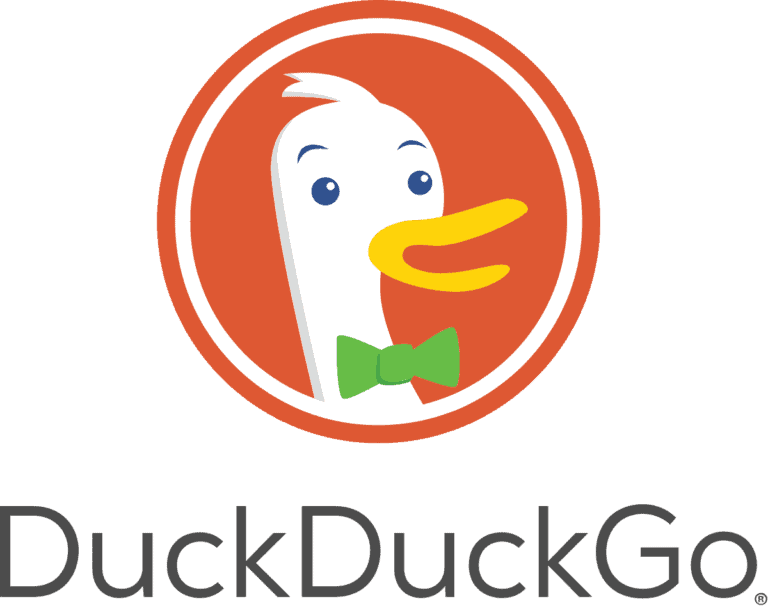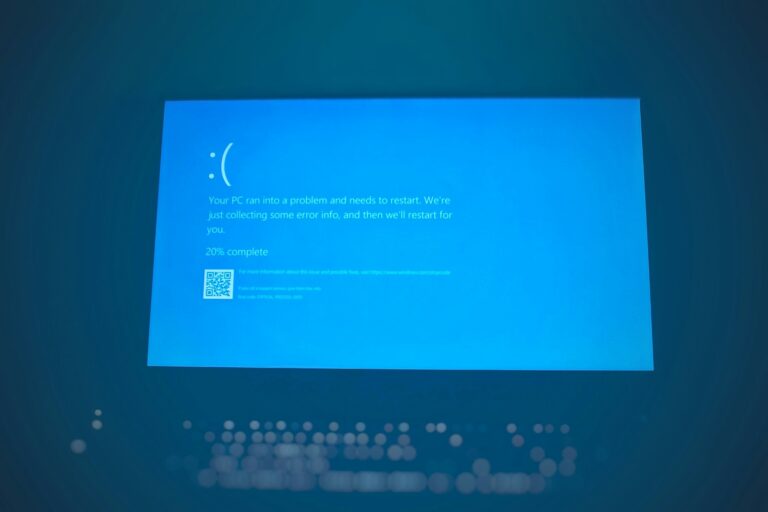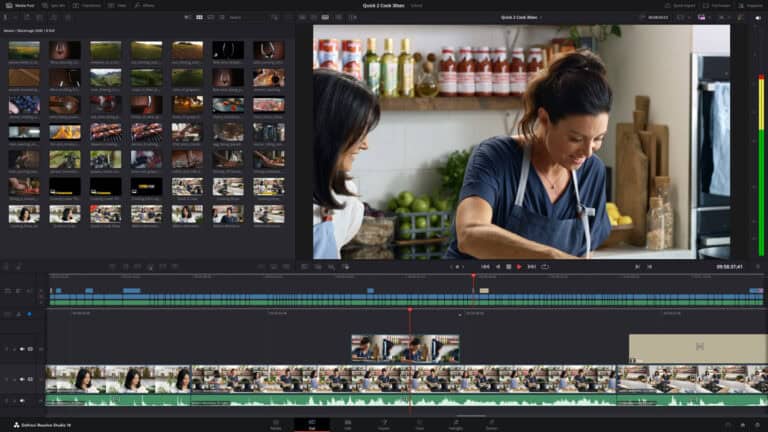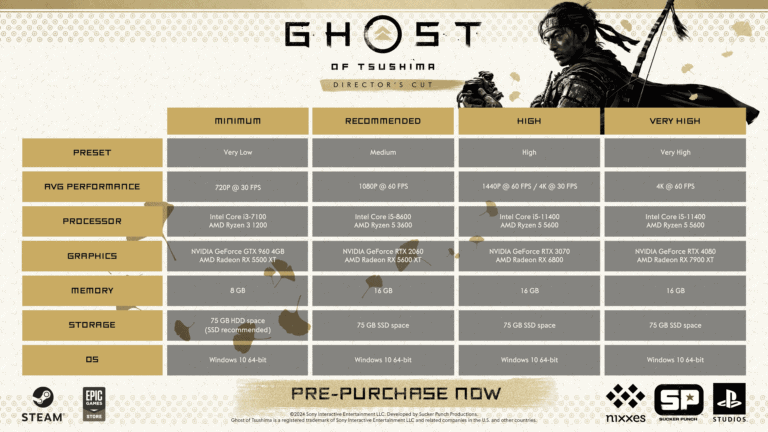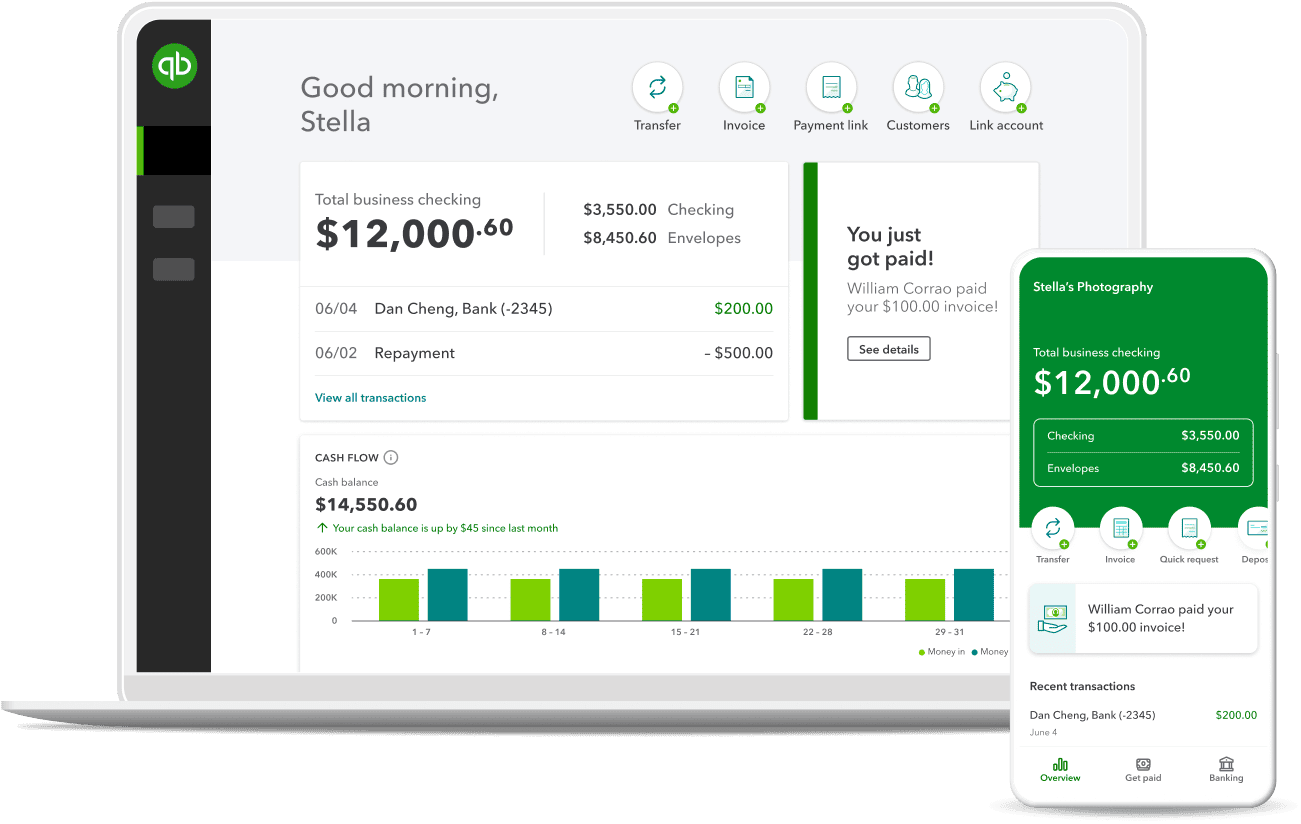
Choosing the right accounting software for your small business can make a big difference in managing your finances effectively. Many business owners prefer desktop solutions that don’t require monthly subscriptions or constant internet connections to handle their bookkeeping needs.
The best desktop accounting software options offer robust features without recurring fees while giving you complete control over your financial data on your local computer. When selecting desktop accounting software, you’ll want to consider factors like ease of use, available features, scalability, and whether it meets your specific industry requirements.
1: QuickBooks Desktop
QuickBooks Desktop remains a powerful choice for small businesses seeking comprehensive accounting software. As the #1 accounting software for small businesses, it offers robust features that help you manage your finances efficiently.
This desktop version provides excellent visibility across your business operations. You can track income and expenses, create invoices, and manage bills all in one place. The software also makes tax time less stressful with organized financial records.
QuickBooks Desktop includes industry-specific features that online versions may not offer. These tools help you customize the software to fit your unique business needs, whether you run a retail store or a construction company.
One notable advantage is that you can work offline, unlike cloud-based alternatives. This means you can access your financial data even without an internet connection. The desktop version also offers faster performance for businesses with large transaction volumes.
When considering versions, many users seek options that don’t require ongoing subscriptions. While Intuit has moved toward subscription models, some earlier versions can be purchased outright.
The QuickBooks Desktop product helps improve your decision-making, efficiency, and productivity. Its comprehensive reporting features give you insights into your business performance at a glance.
Before committing, compare QuickBooks Desktop to QuickBooks Online to determine which version best suits your business needs. Each offers different benefits depending on your specific requirements.
2: Sage 50cloud
Sage 50cloud is a powerful desktop accounting software designed specifically for small businesses. It combines the reliability of desktop software with cloud connectivity, giving you the best of both worlds.
You’ll find all the essential features needed to manage your business finances efficiently. This includes tools for accounting, invoicing, cash flow, inventory, and taxes. The software makes daily financial tasks simpler while providing robust reporting options.
One standout feature is the advanced inventory tracking capability. This helps you keep precise records of your stock and make better purchasing decisions. The comprehensive financial tools also give you deeper insights into your business performance.
Sage 50cloud offers multiple pricing plans to fit different business needs. Plans start from $58.92 per month, making it accessible for growing companies.
The software excels at helping you create and track invoices easily. You can also accept payments and record transactions directly in the system, streamlining your accounts receivable process.
For small business owners who need thorough accounting capabilities, Sage 50cloud delivers professional-grade tools that are still user-friendly. The cloud connection allows you to access your data remotely while maintaining the security of desktop software.
You’ll appreciate how Sage 50cloud automates many administrative tasks, freeing up your time to focus on growing your business rather than paperwork.
3: AccountEdge Pro
AccountEdge Pro stands out as a powerful, easy-to-use desktop accounting software designed specifically for small to medium-sized businesses. Unlike cloud-based solutions, AccountEdge gives you complete control over your financial data right on your computer.
You can try AccountEdge with a 30-day free trial to see if it fits your business needs. After the trial, pricing plans start at just $20 per month, making it an affordable option for budget-conscious business owners.
If you’re looking for a QuickBooks alternative, AccountEdge Pro offers comparable features without forcing you into a subscription-only model. You can purchase the software outright and own it permanently.
The software includes comprehensive accounting features such as payroll processing and bank feeds integration. These tools help you manage your finances more efficiently and keep your books accurate.
AccountEdge works on both Mac and Windows systems, giving you flexibility regardless of your preferred operating platform. This cross-platform compatibility is particularly valuable if your business uses different types of computers.
According to software reviews, AccountEdge Pro is particularly suited for businesses that need a complete desktop accounting solution. You get professional-level accounting capabilities without the complexity that often comes with enterprise-level software.
4: MoneyWorks Gold
MoneyWorks Gold is a comprehensive accounting solution designed for small businesses that need advanced features beyond basic bookkeeping. This software offers a full suite of accounting tools while remaining affordable for growing companies.
You’ll find MoneyWorks Gold includes all the features of the Express version, plus additional capabilities like cost centre accounting, multi-currency support, and job costing. These features help you track finances with greater detail and precision.
The software excels at inventory management, making it ideal if your business maintains stock. You can easily track inventory levels and costs to keep your products moving efficiently.
MoneyWorks Gold is a fully integrated multi-user system featuring general ledger, accounts receivable, and accounts payable functionality. This integration ensures all your financial data works together seamlessly.
One advantage of MoneyWorks is its availability for both Mac and Windows users. Your team can work with the platform regardless of their operating system preference.
You can choose between purchasing the software outright or subscribing, giving you flexibility in how you manage your software expenses. The software also integrates with other business applications, extending its usefulness across your operations.
For businesses outgrowing basic accounting software, MoneyWorks Gold delivers powerful features without the complexity and cost of enterprise-level solutions.
5: FreshBooks Classic
FreshBooks Classic offers reliable accounting solutions specifically designed for small business owners. It provides a straightforward desktop experience while maintaining cloud functionality for your accounting needs.
With FreshBooks Classic, you can create and send professional custom invoices to your clients. The software makes it easy to track who has viewed your invoice and provides automatic payment reminders.
Expense tracking is simplified through the intuitive interface. You can capture receipts and organize expenses by category to maintain clear financial records for tax time.
The time tracking feature helps you monitor billable hours for projects. This ensures you’re charging clients accurately for your valuable work.
FreshBooks Classic integrates with your PC or Windows system, providing a familiar desktop environment. You’ll appreciate the powerful business reports that give you clear insights into your company’s financial health.
The platform also enables credit card processing, making it easier for your clients to pay you. This can significantly improve your cash flow situation.
Team collaboration features allow you to share information with your employees or contractors. This keeps everyone on the same page with project details and financial information.
FreshBooks Classic still offers the core functionality that made the original software popular, with a focus on usability for non-accountants.
6: Xero Starter
Xero Starter is a budget-friendly accounting solution perfect for small businesses just beginning their financial journey. This entry-level plan gives you essential tools to manage your basic accounting needs without overwhelming features you might not use yet.
With Xero Starter, you can send up to 20 invoices and quotes monthly, which suits many small operations with limited client bases. You can also enter up to 5 bills per month to track your expenses and stay on top of what you owe.
The platform connects with your bank account for automatic reconciliation, saving you hours of manual data entry. This feature helps you keep your books current without tedious work.
Xero offers a clean, user-friendly interface that doesn’t require an accounting degree to navigate. The dashboard gives you a quick overview of your financial position at a glance.
You’ll appreciate the ability to capture receipts on the go with the mobile app. Simply snap a photo of your business expense receipts to store them digitally in your account.
The Starter plan includes access for unlimited users, unlike many competitors who charge per user. This means your accountant or business partner can log in without additional fees.
Xero’s cloud-based platform ensures you can access your financial data anytime, anywhere with internet connection. This flexibility helps you stay connected to your business finances even when you’re away from the office.
7: Zoho Books Premium
Zoho Books Premium offers a powerful solution for small businesses looking to manage their accounting efficiently. This plan provides comprehensive features that go beyond basic bookkeeping needs.
With Zoho Books Premium, you can create and send professional invoices to your clients while keeping track of all financial transactions. The software makes it easy to manage your receivables and payables in one place.
The Premium plan allows you to automate many of your accounting workflows, saving you valuable time. You can set up recurring transactions and focus on growing your business instead of paperwork.
Tax compliance is simplified with Zoho Books Premium. The software helps you generate 1099 reports and handles sales tax automation to keep you compliant with regulations.
Zoho Books Premium includes project management features that help you track time and expenses for client projects. This makes billing more accurate and helps you understand your project profitability.
Inventory management is another strong feature in the Premium plan. You can track stock levels and manage vendors all within the same system.
Before committing, you can test out all these features with Zoho’s 14-day free trial. This gives you hands-on experience with the small business accounting software before making your decision.
The Premium plan offers flexible pricing options to fit your business needs. You’ll find it strikes a good balance between affordability and robust features.
8: Wave Financial
Wave Financial offers a free accounting solution that’s ideal for small businesses. With Wave’s accounting software, you can track income and expenses without spending a dime on the core features.
The platform allows you to connect your bank accounts and credit cards to automatically import transactions. You can categorize expenses, reconcile accounts, and generate financial reports to understand your business health.
One of the standout benefits is that Wave lets you create professional invoices and accept online payments all from the same platform. This integration makes it easier to manage your cash flow.
Unlike many free options, Wave doesn’t limit your features or put caps on your usage. You can track unlimited income and expenses regardless of your business size.
The mobile app lets you stay connected to your finances when you’re away from your desk. With a paid subscription, you can manage all accounting transactions on your phone.
Wave positions itself as an alternative to more expensive options like QuickBooks. The free accounting features make it especially attractive for freelancers and very small businesses.
You only pay for payroll services and credit card processing if you need them. This à la carte pricing model keeps costs down when you’re just starting out.
The software also includes double-entry accounting, making it suitable for working with accountants at tax time.
9: GnuCash
GnuCash is a powerful and completely free accounting software that helps small businesses manage their finances without subscription costs. Unlike many competitors, it’s open-source software that you download and install directly on your computer.
You can track your business bank accounts, income, and expenses with GnuCash’s double-entry accounting system. The software is designed to be intuitive while still offering advanced features for growing businesses.
GnuCash works on Windows, Mac, and Linux systems, making it flexible for different office setups. The current version (as of March 2025) is GnuCash 5.10, which includes improvements from previous releases.
One potential drawback is that GnuCash requires manual data entry rather than automatic bank feeds. You’ll need to input transactions yourself or import them from bank statements.
The software includes budgeting tools to help plan your financial strategy. This feature is particularly useful for small businesses wanting to track spending against projections.
GnuCash offers robust reporting capabilities that let you visualize your business finances. You can generate profit and loss statements, balance sheets, and other essential reports for tax preparation.
As a full-featured accounting system, GnuCash requires some accounting knowledge to use effectively. The learning curve might be steeper than with some commercial alternatives, but comprehensive documentation is available to help you get started.
10: Sunrise App
Sunrise is a free online double-entry accounting service designed specifically for solo entrepreneurs and small businesses. You’ll find it offers core accounting features without the price tag of premium software.
The platform allows you to keep track of your business finances with easy-to-use tools for managing income and expenses. You can automatically import your transactions to save time on manual data entry.
Sunrise supports essential business records including contacts, products, and invoices. This makes it convenient to manage your entire financial ecosystem in one place.
One standout feature is the monthly financial statements which help you understand your business’s financial standing. These reports can be particularly valuable during tax season, reducing stress and confusion.
The software also combines accounting with cash flow management, giving you better visibility into your company’s financial health. This integration helps you make more informed business decisions.
As a Lendio company product, Sunrise also connects with loan and credit services. This can be beneficial if you’re looking for business financing options while managing your books.
For businesses that use Square for payments, Sunrise integrates with the Square ecosystem. This allows you to streamline your financial workflow and reduce duplicate data entry.
Benefits of Using Desktop Accounting Software
Desktop accounting software offers businesses several advantages that can transform financial management processes. These tools provide enhanced accuracy, save valuable time, and support your company’s growth journey.
Enhanced Financial Accuracy
Desktop accounting software significantly reduces manual calculation errors that often plague traditional bookkeeping methods. The automated systems double-check your numbers and alert you to discrepancies, ensuring your financial records remain accurate.
With built-in validation features, the software can catch common mistakes like duplicate entries or mismatched accounts before they cause problems. This level of accuracy helps maintain clean financial records that give you a true picture of your business health.
You’ll also benefit from consistent financial reporting. The software applies the same accounting rules every time, eliminating variations that occur with manual processes. This consistency makes it easier to:
- Track financial performance over time
- Identify trends in your business finances
- Make informed decisions based on reliable data
Improved Time Management
Accounting software dramatically reduces the hours spent on manual financial tasks. Simplified bookkeeping means you can accomplish in minutes what previously took hours.
The automation capabilities handle repetitive tasks like:
- Invoice generation and distribution
- Payment tracking and reconciliation
- Tax calculations and reporting
- Payroll processing
You’ll save countless hours through automated bank reconciliation features. These tools match your transactions with bank statements automatically, highlighting only items that need your attention.
Desktop software also creates customized financial reports with a few clicks. This eliminates the need to manually compile data and calculate totals, giving you instant access to vital business information whenever you need it.
Scalability for Business Growth
One key advantage of desktop accounting software is its ability to grow with your business. Many solutions offer tiered packages that allow you to add features as your needs evolve.
The software easily handles increasing transaction volumes without compromising performance. Whether you’re processing 10 or 1,000 transactions monthly, the system maintains speed and reliability.
Desktop solutions provide robust multi-user capabilities, allowing team members to work simultaneously while maintaining data integrity. This becomes crucial as you add accounting staff or departmental users.
Your software can adapt to changing business models too. Adding new revenue streams, departments, or locations is typically straightforward with proper desktop accounting tools. The software creates a flexible financial foundation that supports your business ambitions.
Key Features to Consider
When choosing accounting software for your small business, focusing on the right features can save you time and money. The best solutions offer powerful reporting tools and seamless integration with your existing business systems.
Reporting and Analytics
Strong reporting capabilities help you make informed financial decisions. Look for software that provides customizable dashboards where you can see your financial position at a glance.
Your accounting software should offer advanced reporting that lets you track:
- Profit and loss statements
- Cash flow projections
- Tax reports
- Budget vs. actual comparisons
Real-time data analysis helps you spot trends and address issues before they become problems. Look for software that allows you to drill down into specific transactions from summary reports.
Reports should be easy to customize and export in various formats for presentations or sharing with stakeholders.
Integration Capabilities
Your accounting software shouldn’t exist in isolation. The best programs connect seamlessly with your other business tools.
Key integrations to look for include:
- Banking connections: Automatic bank feeds save time on manual data entry
- Payment processors: Direct integration with PayPal, Stripe, or Square
- CRM systems: Link customer data with financial records
- E-commerce platforms: Automatically import sales from your online store
- Payroll systems: Streamline employee payments and tax filings
Integration capabilities reduce duplicate data entry and minimize errors. They also provide a more complete picture of your business operations.
Look for software with an open API if you use specialized industry tools that may need custom integration solutions.
Frequently Asked Questions
Small business owners often need answers to common questions about desktop accounting software before making a purchase decision. Let’s address some of the most common questions about desktop accounting solutions.
What are the most highly rated desktop accounting applications for small businesses?
QuickBooks Desktop consistently ranks as the highest-rated desktop accounting application for small businesses. Its comprehensive features and user-friendly interface make it popular among business owners.
Sage 50cloud also receives excellent ratings for its robust reporting capabilities and inventory management features. Many accountants prefer it for its strong audit trails.
AccountEdge Pro rounds out the top three with strong reviews for its versatility and one-time purchase option rather than subscription-based pricing.
Which free offline accounting software solutions are available for small enterprises?
While truly free desktop accounting software is limited, Wave Accounting offers a free cloud-based solution that you can use when connected to the internet. For strictly offline use, GnuCash provides a free open-source option with basic accounting features.
Manager is another free desktop accounting program worth considering. It offers surprisingly robust features for a free solution, including invoicing, inventory tracking, and financial reporting.
How does non-subscription based desktop accounting software compare in functionality to subscription models?
Non-subscription desktop accounting software like AccountEdge Pro generally offers comparable core functionality to subscription models. You’ll get standard features like invoicing, expense tracking, and financial reporting with a one-time purchase.
The main difference is in updates and support. Subscription models like QuickBooks Desktop and Sage 50cloud provide automatic updates and ongoing technical support as part of your subscription.
One-time purchase software typically requires you to pay for major version upgrades every few years to maintain access to the latest features and tax updates.
What are the best one-time purchase accounting software options for small businesses?
AccountEdge Pro stands out as the leading one-time purchase option for small businesses. You pay once and own the software outright, with optional paid upgrades available for new versions.
MoneyWorks Gold offers another excellent one-time purchase option with powerful accounting features and cross-platform compatibility between Mac and Windows.
FreshBooks Classic (their legacy desktop-oriented product) provides a user-friendly option for service-based businesses with strong invoicing and time tracking features.
Can you recommend a desktop accounting software with strong reviews on professional forums?
QuickBooks Desktop receives consistent praise on professional accounting forums for its comprehensive features and widespread adoption among accountants. This makes it easier to find help when needed.
Sage 50cloud is frequently recommended by accounting professionals in forums for businesses with complex inventory needs or those requiring stronger audit trails and security features.
AccountEdge Pro appears in many professional discussions as the preferred solution for businesses looking to avoid subscription models while maintaining professional-grade features.
Which accounting software is most popular among small businesses for in-house financial management?
QuickBooks Desktop remains the most popular accounting software for small businesses handling their finances in-house. Its market dominance means finding trained staff or consultants is relatively easy.
Sage 50cloud has captured significant market share, particularly among manufacturing and distribution businesses that need stronger inventory management.
For very small businesses just beginning to formalize their accounting processes, MoneyWorks offers a good balance of features and affordability that has made it increasingly popular.


